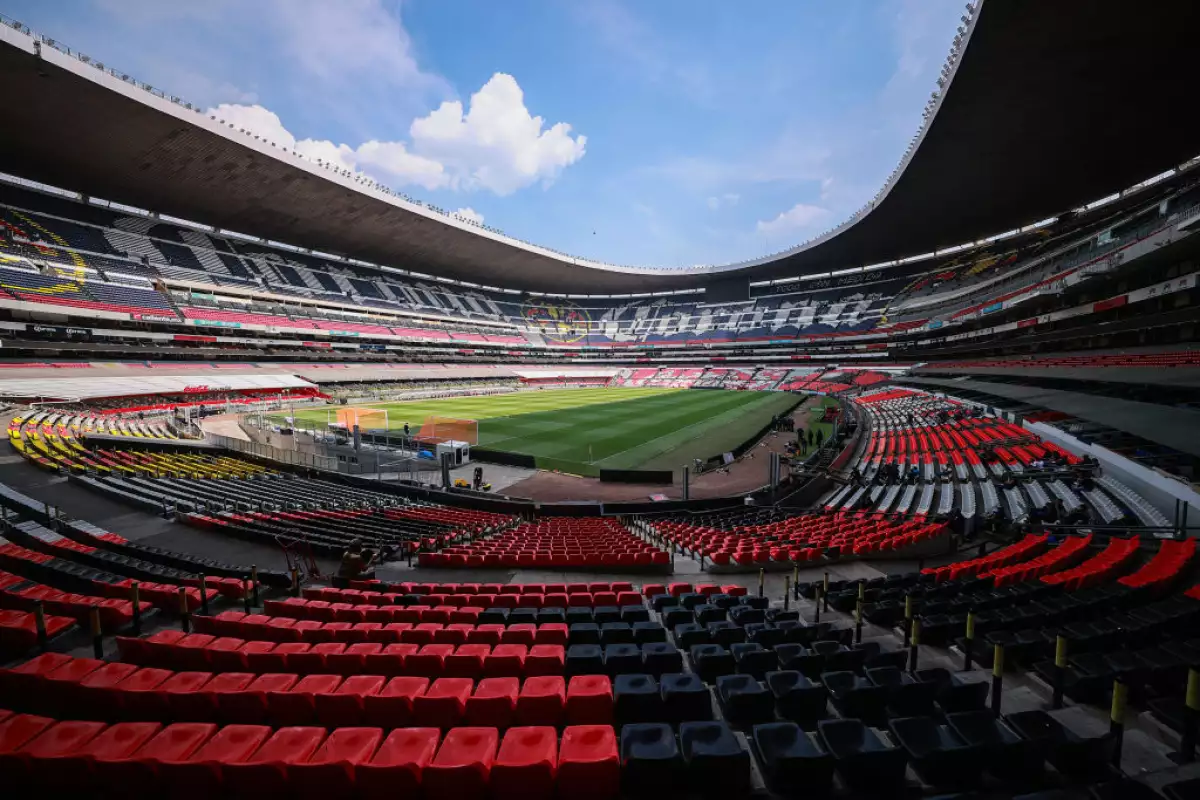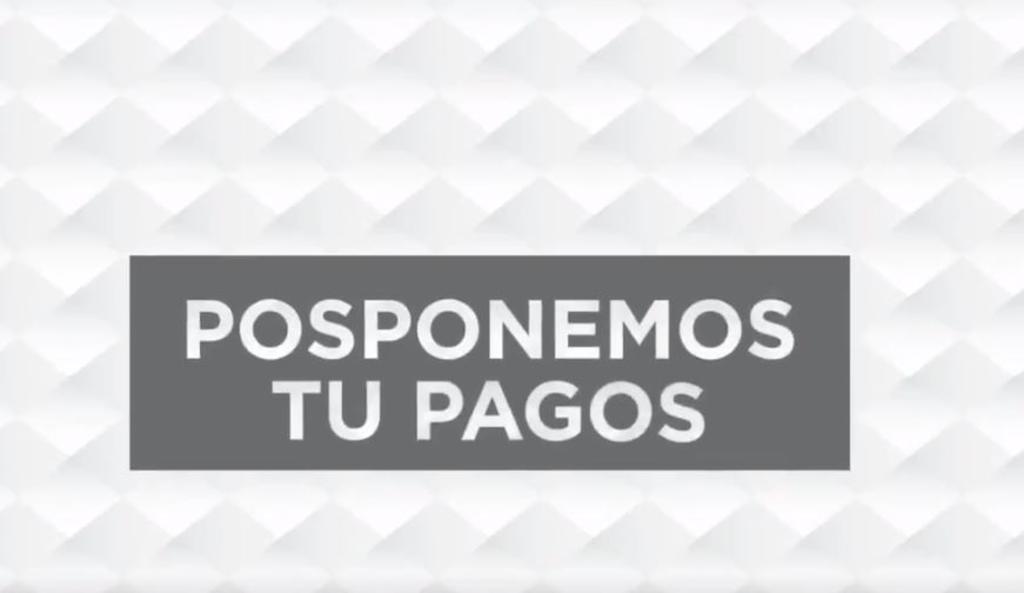
Mexico will face connectivity challenges for the 2026 World Cup
The elimination of the 5G tender has left no possibility of acquiring spectrum to satisfy current connectivity and that required by the World Cup in stadiums and public places.
The 2026 World Cup promises to be unlike any other. The soccer tournament will now be held in three venues: Mexico, the United States and Canada, and will add 16 national teams to bring the total to 48 teams that will compete in the World Cup. These changes mean greater pressure for the event organizers, as the International Federation of Association Football (FIFA) demands higher quality standards from venues, especially in terms of fan experience.
Within the new parameters, FIFA has proposed that stadiums become smart, that is, increase their connectivity capacity so that attendees have a better experience, but this objective could be undermined.
The 5G spectrum auction proposed selling bands that would help strengthen the connectivity of public places such as the stadiums that will host the World Cup.
But the auction was cancelled due to political pressure, leaving little time to develop a new tender, considering that it takes the country more than a year to launch a spectrum bid, and to this has been added the factor of uncertainty in the sector due to the elimination of the Federal Telecommunications Institute (IFT), which had this power. This situation puts Mexico in a difficult position to meet its commitments with FIFA.
For the 2026 World Cup, a 'wave of tourism' is expected in the country, particularly in Mexico City, Monterrey and Guadalajara, the host states. This will involve strengthening the networks of telecommunications companies to avoid saturation not only in stadiums, but also in public places. With changes in consumer habits, it is likely that people will watch the World Cup on their smartphones, even inside the venues where the matches will be held.
A source with knowledge of the matter said that the major mobile phone companies were expecting the Institute's 5G tender, since the 600 MHz spectrum would be put up for sale during the auction, which would allow them to strengthen their networks in public places and for mass events.
“The 5G tender, beyond Altán, was intended to continue developing fifth-generation networks and to contend with the intense data traffic for mass events such as the one coming up in 2026, because that year there will be more people connected. But with the elimination of the auction we could face problems in meeting that demand,” the source commented.
Mobile phone companies have begun to feel the saturation of their networks. Last year, for example, the Mobile Virtual Network Operators (MVNO), which are hosted on the Altán network, presented failures in their telephone services because their commercial offer is based on the delivery of unlimited data.
“This aggressive commercial strategy is not achieving the goal that companies are looking for (to have more income), on the contrary, what they are doing in some way is saturating the networks because we have users who now have no control over their data consumption,” Leunam Betin, global manager of key accounts at Ericsson Latin America North and the Caribbean, told Expansión at a company event last year.
For mobile phone companies, the demand for data is becoming more important today. Data from the IFT highlights that from 2016 to 2023, users went from consuming 1.1 GB to 5.4 GB in the recharge segment; while in plans the consumption figure went from 2.8 GB to 9.7 GB in the same period. This situation implies an increase of 391% and 246%, respectively.
“The cancellation is bad news if you consider that Mexico is placing itself among the nations that are behind in this matter of freeing up spectrum and 5G. And one of the sectors that could be most affected is precisely that of connectivity in stadiums. It must be considered that when the World Cup was held in the United Arab Emirates, they already had speeds of 200 megabytes per second and Mexico had 30 at that time,” explained Jorge Bravo, president of the Mexican Association for the Right to Information (Amedi).
This situation represents 'bad news' for users in terms of the experience during the World Cup, as well as for the companies themselves who saw a business in the World Cup. For example, Telefónica had revealed to Expansión that it intended to connect to the country's sports stadiums, especially venues such as the Azteca Stadium.
The company's idea was to strengthen the WiFi infrastructure to improve the reception of messages and calls, and even enable an application so that fans could access game statistics in real time, thanks to Artificial Intelligence. But for this, the company requires a robust 5G network in both active and passive infrastructure, that is, with spectrum bands and antennas.
Jesús Romo, an analyst at the consultancy firm Global Data, explained that what companies could do is to densify stadiums with small cells. These types of devices, the size of a pizza box, are wireless systems used to increase the range and coverage capacity of cell phones and are a solution to amplify connectivity in crowded places like stadiums. “But the spectrum is finite, as is the capacity of small cells.”
“The stadiums in Monterrey and Nuevo León are highly crowded areas because many people are connected at the same time, and this causes problems for the networks in terms of saturation. Although they try to increase connectivity in these places, the reality is that it is difficult to determine when the telecommunications networks will be sufficient,” said Romo.
Leave a comment:


Tranding News










